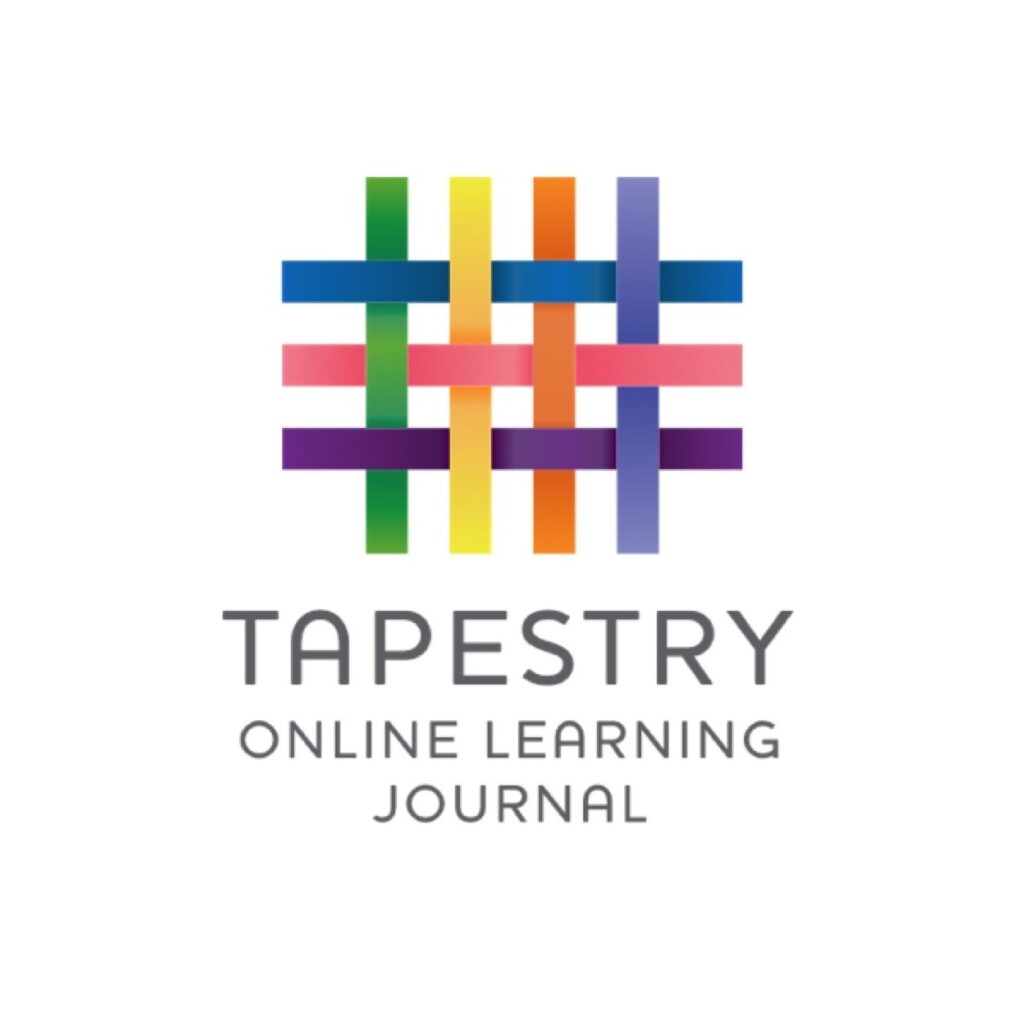
Early Years Foundation Stage
The Early Years Foundation Stage (EYFS) framework sets the standards for learning, development and care of children up to 5 years old. We aim to provide an environment where the four main principles of the Statutory Framework of the EYFS can be met:
- Every child is a unique child who is constantly learning and can be resilient, capable, confident and self-assured
- Children learn to be strong and independent through positive relationships
- Children learn and develop well in enabling environments in which their experiences respond to their individual needs and there is a strong partnership between staff, parents and carers
- Children develop and learn in different ways and at different rates
- Play activities are linked to the areas of development and learning highlighted within the EYFS Framework.
Prime Areas
Communication and language
We aim to provide opportunities for this area of learning and development by; Encouraging the children to develop speaking and listening skills during both child initiated and adult led activities. Children learn best through activities and experiences that engage all the senses. They are provided with lots of opportunities to interact with others as they develop these skills, and a wide variety of resources are available to enable them to express their understanding including: music, dance, rhymes and songs, modelling, mark making & drawing.
Personal, social and emotional development
We provide a nurturing environment encouraging children to show sensitivity to others needs and feelings and form positive relationships with adults and other children. We encourage children to participate and talk about their ideas and choose the resources they need for their chosen activities. Children are given opportunities to engage in both small and large group activities with others and their contributions valued. Through activities, conversation and practical example children learn acceptable ways to express their own feelings and to have respect for the feelings of others. They are supported in making, understanding, and following the pre-school rules and in taking responsibility for themselves, the group and Pre-school property.
Physical development
We aim to provide opportunities for this area of learning and development by providing a variety of equipment and opportunities allows children to gain confidence in the use and development of their own bodily skills. A high adult to child ratio enables children to safely create and meet physical challenges, developing increasing skill and control in moving, climbing and balancing and introduces appropriate vocabulary.
Children are also supported in the development of the fine motor skills required to use tools, including mark making instruments, and to handle small objects with increasing control and precision. Snack time is used as an opportunity to promote children’s social development and healthy eating, sitting in
supervised small groups while enjoying food together.
Specific Areas
Literacy
Children have independent access to a wide range of books including fiction, non-fiction, brochures etc. Staff read daily both in small groups
and individually to the children. We encourage the children to become familiar with their names through self-registration, snack time, & by
providing every child with their own named tray for their possessions.
Mark making equipment is available both inside & outside and children’s attempts at mark making are praised and displayed. Pre-writing activities, such as dancing using props, malleable materials, pegging, threading etc. enable the children to build the necessary fine motor skills to hold a pen or pencil.
Mathematics
Children are provided with the opportunities to become familiar with sorting, matching, ordering, sequencing and counting with the support of an adult if needed. Children are provided with and encouraged to use the vocabulary of mathematics, identifying objects by shape, position, volume and number. We use number rhymes, games, imaginative play and picture books help children to become aware of number sequence and recognise and use numbers 0 to 10.
Understanding the world
Children are encouraged to talk about their home and family life and are assisted in exploring their environment and the wider community. Resources are available which explore cultural, racial, social and gender stereotypes and children are encouraged to tell each other what they have found out. A safe and stimulating environment and well- resourced garden allow children to explore and experiment with a range of natural and living things. This encourages exploration, experimentation, observation, problem solving, prediction, critical thinking, decision making and discussion. Children go on regular walks around the village, making observations and links their local community. A range of toys and equipment enables children to select and use technology for particular purposes and develop their knowledge and understanding of technology.
Expressive arts and design
Children participate in and respond to music and stories, and there are many opportunities for imaginative role-play, both individually and as
part of a group. Children are encouraged to express their ideas through a wide range of construction materials experimenting with colour, design,
form and function. A well-resourced art area gives children the opportunity to self-select a wide variety of art and craft materials. This provides for open-ended exploration of colour, shape and texture and the development of skills in drawing, painting and collage.
Key Person
In line with the EYFS guidelines your child’s progress will be assessed and written records kept. We operate a key person system. This means that one member of staff is assigned to your child to monitor, support and aid their learning.

As well as the learning at Ashurst Wood Pre-School we encourage parents and carers to share their child’s learning and experience in their home environment. We use an on-line journal Tapestry to share learning and development with parents and carers. https://tapestry.info/parents-carers.html
For more information on ‘The Early Years Foundation Stage’ please visit www.foundationyears.org.uk.
Opening hours
We are open Monday to Friday (Term time only)
Sessions
8.45am -9am (Early Start)
9am to 12pm
12pm to 3pm

